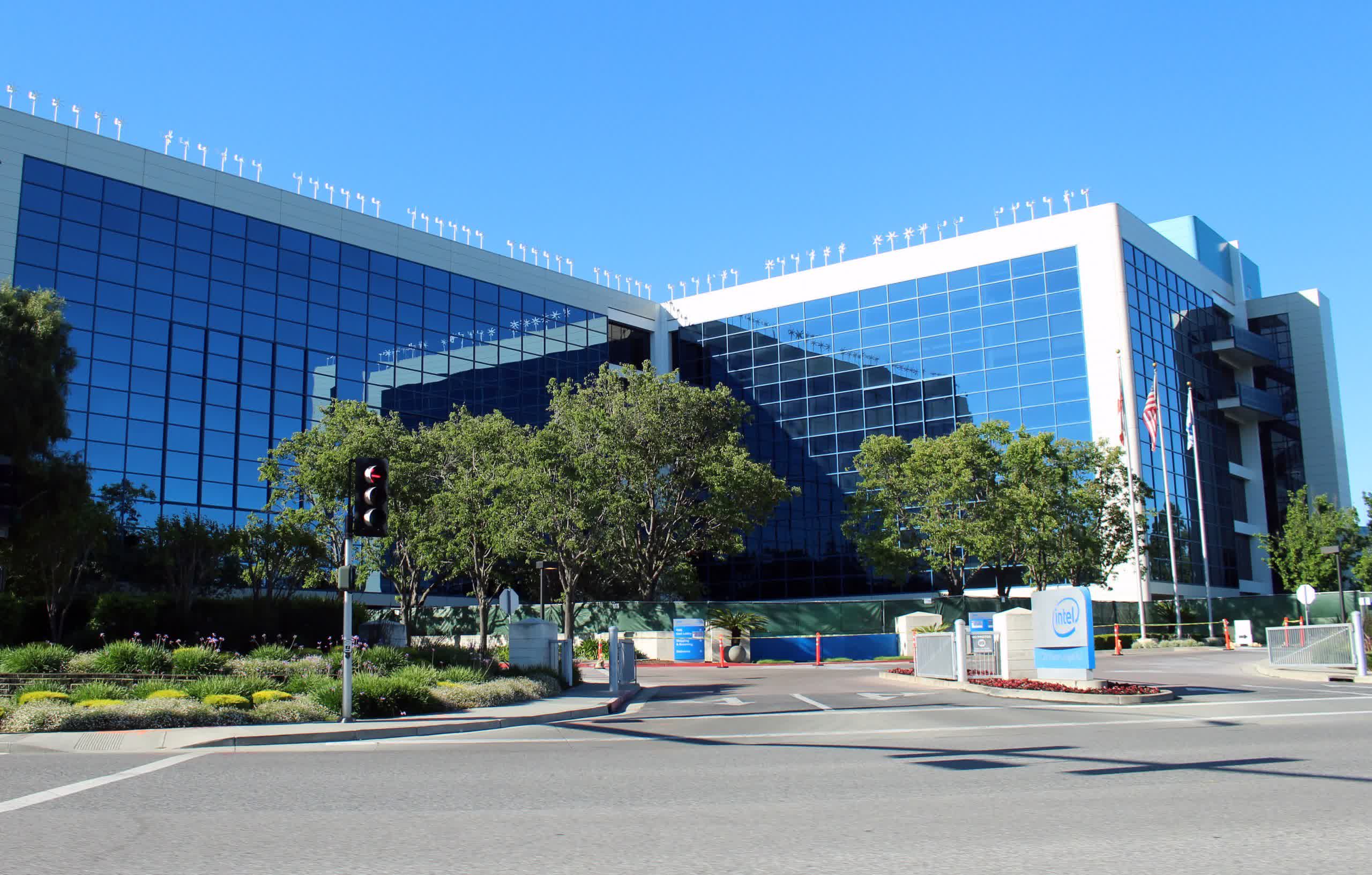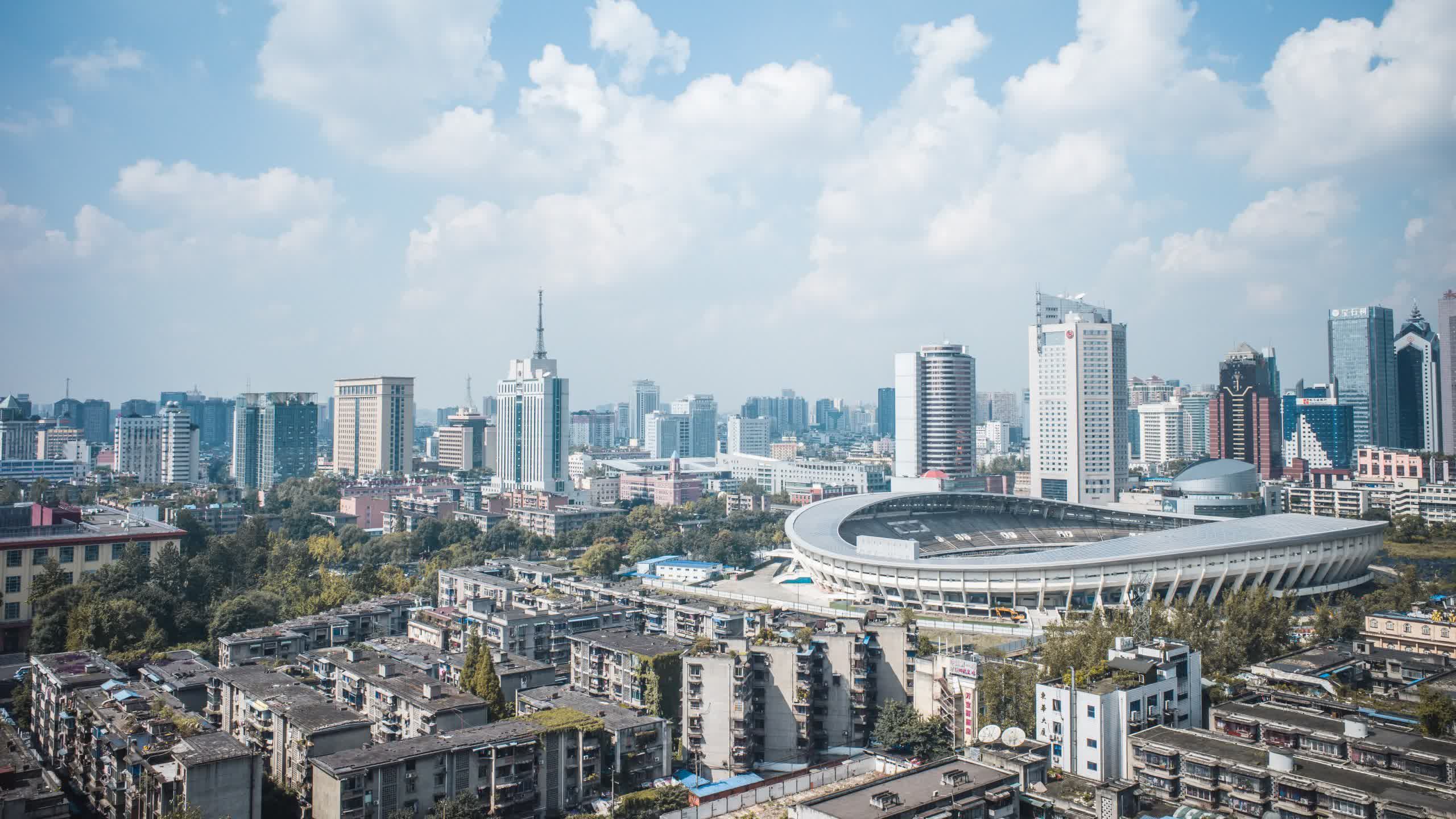In a nutshell: The ongoing heatwave and drought in China have caused power shortages in the Sichuan province, which relies greatly on hydroelectric power. The government ordered several factories in the area to halt production for six days, potentially causing delays for some manufacturers.
Many factories in China's Sichuan province have paused operations from Monday to Saturday in order to relieve some of the strain put on the power grid by the ongoing heatwave in the country. Sichuan is a major manufacturing hub and one of China's largest provinces with a population of 84 million people.
China is currently going through the strongest heatwave in the past six decades, with many cities seeing temperatures rise over 40 degrees Celsius (104 degrees Fahrenheit).
Air conditioning has become extremely popular in China, with the country reportedly using 68 times more electricity on cooling today than it did in 1990.
The extreme heat has caused many people to crank up the air conditioning in their homes and offices, putting immense pressure on the power grid. In fact, air conditioning has become extremely popular in China, with the country reportedly using 68 times more electricity on cooling today than it did in 1990. Additionally, Sichuan is heavily reliant on hydropower, making it even more vulnerable to the recent drought as hydro dam reservoirs are drying up.

Intel is one of the manufacturers impacted by the energy rationing in the area, as it has two assembly and test manufacturing plants in Chengdu, Sichuan. The entire campus used about 240 GWh of energy last year (including natural gas and fuel oil), highlighting how much power just two manufacturing facilities can draw. It remains to be seen if the disruption will affect pricing and availability of Intel products.
The energy shortage also affected factories belonging to companies such as Toyota, Volkswagen, Texas Instruments, Foxconn, and battery giant CATL, which supplies batteries to many EV manufacturers. According to Bloomberg, VW was expecting only slight delays in deliveries to customers, while Foxconn mentioned its facilities saw just a "limited impact" from the drought.
In related news, Apple is trying to reduce its reliance on China by moving some of its manufacturing to other countries such as Vietnam and India.
